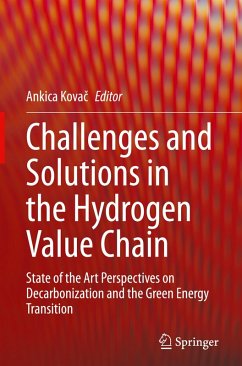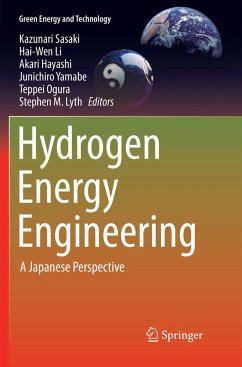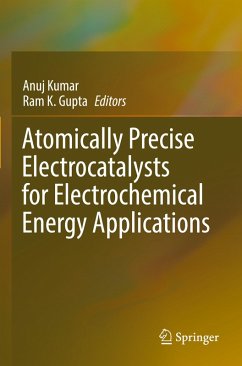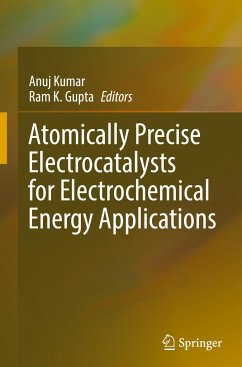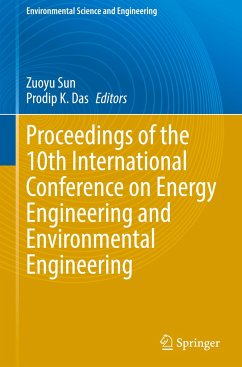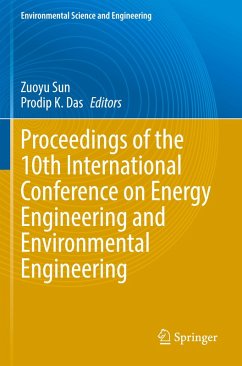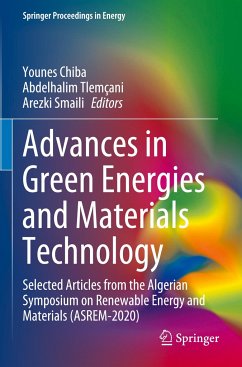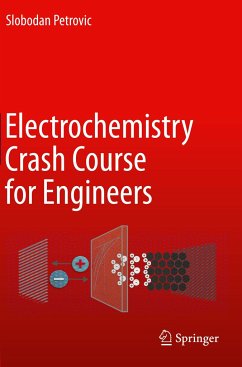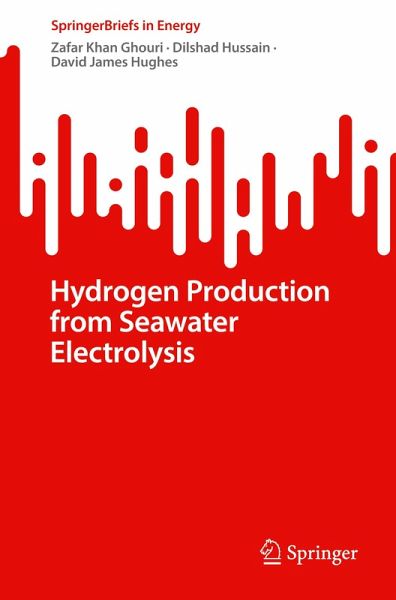
Hydrogen Production from Seawater Electrolysis

PAYBACK Punkte
20 °P sammeln!
This brief provides an in-depth exploration of seawater splitting electrocatalysts, emphasizing critical challenges such as sustaining high current density, achieving oxygen evolution reaction (OER) selectivity, and utilizing earth-abundant materials. It offers insights into the current landscape of seawater electrolyzer technologies and emerging alternatives. The book also discusses rational design approaches aimed at developing highly active and stable electrocatalysts capable of industrial-scale current densities without degradation, with a focus on achieving selective oxygen evolution over...
This brief provides an in-depth exploration of seawater splitting electrocatalysts, emphasizing critical challenges such as sustaining high current density, achieving oxygen evolution reaction (OER) selectivity, and utilizing earth-abundant materials. It offers insights into the current landscape of seawater electrolyzer technologies and emerging alternatives. The book also discusses rational design approaches aimed at developing highly active and stable electrocatalysts capable of industrial-scale current densities without degradation, with a focus on achieving selective oxygen evolution over chlorine evolution. Recent advancements in seawater electrocatalysts, including transition metal oxides, nitrides, sulfides, phosphides, and carbides, are examined. Additionally, it highlights promising strategies for electrocatalyst and electrolyzer design, as well as unconventional operating parameters. making it a valuable resource for graduates and researchers active in the fields of electrocatalysis and green technologies.





